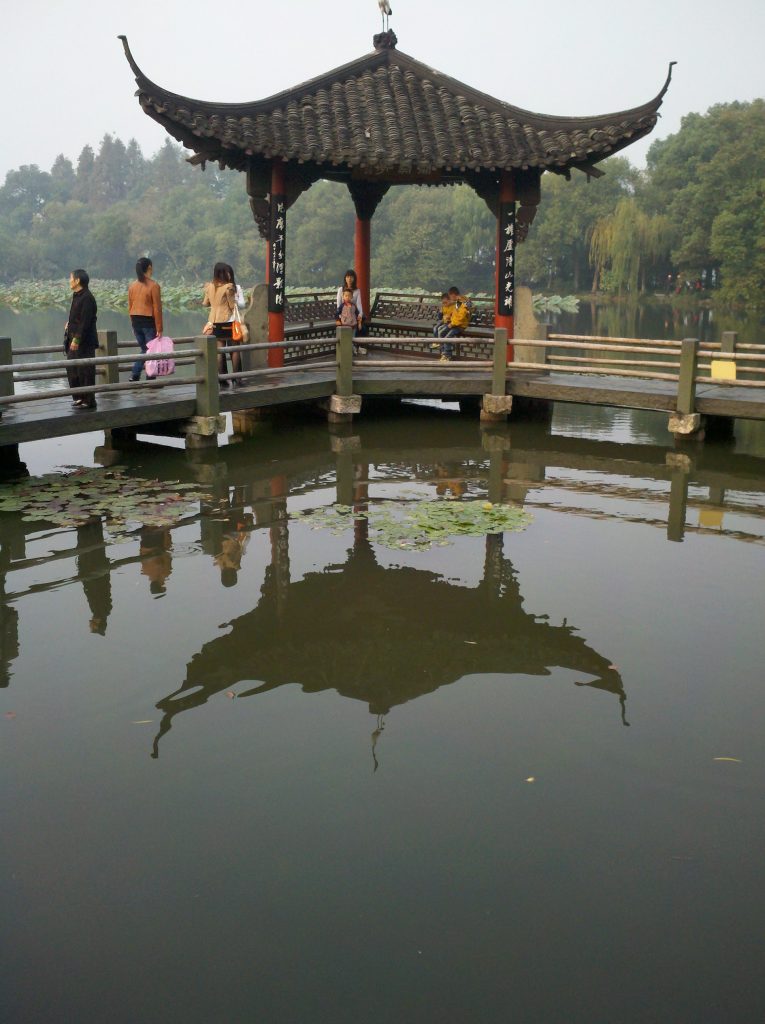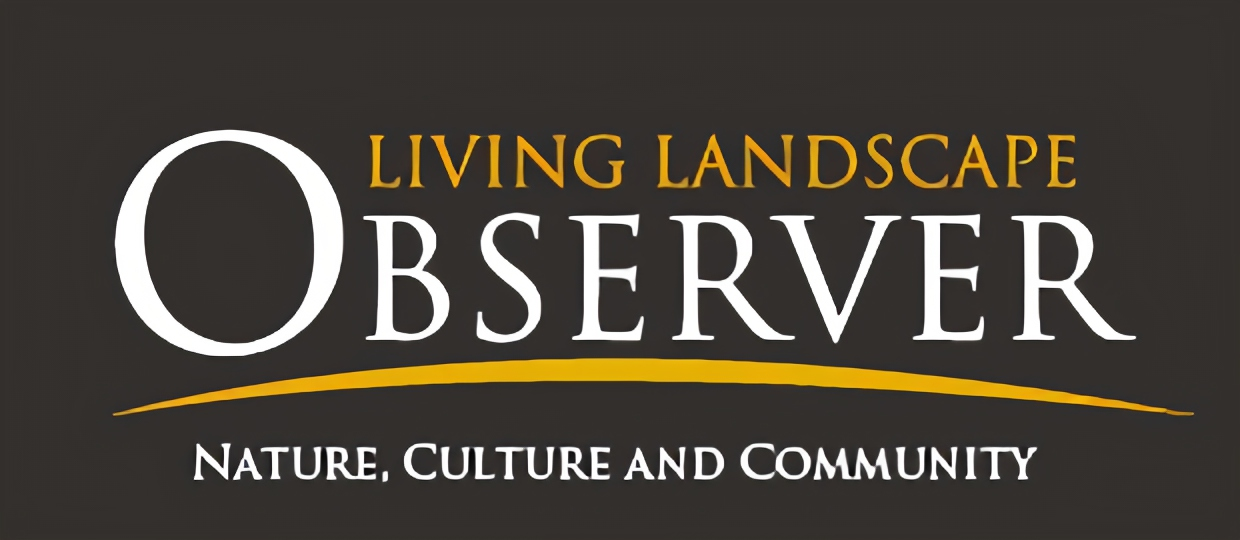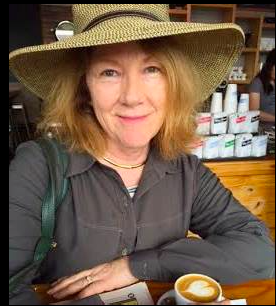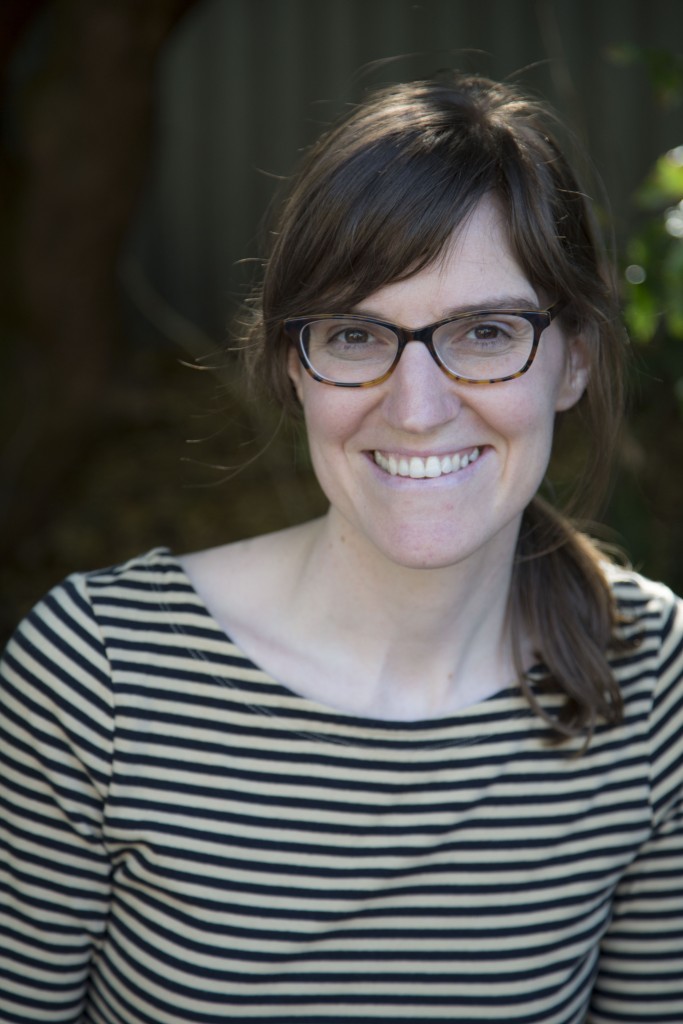Nature-Culture Dialogues: Session 2 with Rouran Zhang for Cultural Landscape: Discourses from Heritage Stakeholders

West Lake World Heritage Site
Rouran Zang presented a paper that critically reviews the impacts of the ‘authorized heritage discourse’ approach adopted in the World Heritage listing of West Lake Cultural Landscape of Hangzhou, through the eyes of marginalized stakeholders – local residents and tourists. It explores what are domestic tourists and local residents’ responses to ‘official’ discourses about the meaning of world heritage, cultural landscape, and its relevant ‘outstanding universal value’ in the Chinese context. It also explores what tourists and locals do and feel at UNESCO Cultural Landscape site. The paper argues that the majority of interviewees at West Lake did not passively accept the ‘authorized heritage discourse’, rather they expressed an active sense with their understanding of heritage and ‘cultural landscape’. The discourses from tourists and locals reflect an aesthetic thought process expressed with a poetic sense, which is entangled with the concept such as identity, feeling, memory, remembering, place, performance. It also argues that individual ‘cultural moments’ created by tourists and locals construct the meaning of ‘cultural landscape’.
Our second ‘talk and discuss’ meeting of the ISCCL Working Group on naturecultures was centered around a case study at West Lake, China. Rouran successfully conveyed the value of interviews, with locals and tourist, to test perceptions in the landscape. Thanks to those joining in on what we found to be an interesting case study that challenges our own worldviews. There was a confusion in timing, apologies to all who weren’t able to join because of this error, Steve and Jon only got to join the discussion in the last minute. The one-week email chain of short emails concerning the discussion between those who attended the meeting, is summarized here. A recording of this talk will also be circulated with this summary to those who were not able to attend this talk.
Attendees
Rouran Zang (RZ), Liana Jansen (LJ) , Marike Franklin (MF), Ana Bajcura (AB), Steve Brown (SB), Jon Weller (JW)
Apologies
Maya Ishizawa (MI), Nora Mitchell (NM), Nupur Prothi (NP), Fran Han (FH), Jane Lennon (JL), Diane Menzies (DM)
SUMMARY
| It was a case study of a view of naturecultures from the Chinese perspective with a particularly interesting inclusion of aesthetic – ‘Aesthetic thought process’; ‘artistic dyke; causeway’. | MF |
| The discussion highlighted interesting differences between Eastern and Western worldviews, and the way heritage was evaluated at West Lake. In particular a difference in view of the landscape and the inclusion of the tea plantations to the West Lake nomination site. | MF |
| This case becomes evident because the worldviews involved are different and the evaluation was made from the point of view of the evaluator, without taking into account that of the party presenting it. | AB |
| LJ highlighted the difficulty of different cultural world views when reviewing a WH site, and the need for training for ICOMOS experts. She mentioned Anthropological methods available. JL supports LJ’s comment backed by Rouran ‘s research, saying that WH assessors do not often have the opportunity to access such research about local attitudes to a special place being considered for WH listing. Such access would have been invaluable in several reviews that I have undertaken. | LJ, JL |
| AB suggests to add a space for dialogue between the parties, considering the worldview of those at the Heritage Site and that of Experts. She adds some factors should be taken into consideration when selecting World Heritage Sites:The recognition of the condition of UniversalThe regional value, special for every society.The “chronological time”,The “regional evolution time”The “maturation process of each individual from a region” | AB |
| The readings included references to environmental philosophy as highlighted by Fran in the previous discussion. The ‘oneness’ of the Chinese culture to nature, and the effect that ineffective management had on the integrity of the West Lake before it was reconsidered to rather fall under the category of a cultural landscape, and therefore not a static entity. In the interviews new development was a valued element within the cultural landscape. | RZ, MF, FH |
| Rouran successfully conveyed the value of interviews with residents and tourist of the site to understand the sense of place, and deep relationship of the people to the land. | RZ, MF |
| What can we take from this case study? Perhaps something of the ‘highest ideal of the Chinese to create a worldly paradise …. being with nature forever could be transcribed into a principle? and perhaps a principle to always test the perspective of the people against a reviewer’s own impressions of the landscape that are often misleading? | MF |
| Perhaps World Heritage Sites should be a “Diversity meetings”, an enrichment obtained from the differences, and thus we could meet others, and ourselves with our different worldviews.It ought to be a celebration! A praise to life… perhaps another principle? | AB, MF |
| AB included the specific terms for Worldview and Anthropology and their meanings in a document that will be included in the circulation of this summary. She highlights that Anthropology as a science goes on dividing itself while Worldview is comprehensive. | AB, MF |
ACTION
2019/09
1. Divide of Nature and culture
a) A summary of the history of the divide between Nature and Culture (to include as a 10 min feedback in the next talk)?
b) A list of references in environmental philosophy to reveal the deep root of Western separation (Fran, Steve?)
2. A list of principles starting from the IUCN 2016 Mālama Honua, and ICOMOS. 2017 Yatra aur Tammanah document.
3. List of partners of different perspectives that need to be part of this principle document (IUCN, IFLA etc.)
4. Collect a list of examples of some of the best practice of merging C/N from around the globe. The list should include a summary of those efforts. The focus should be on best practice, although we could learn from both good and bad efforts.
- West Lake, China
- Organise a talk that covers the concept of ‘Wilderness’ – a concept many countries applied, but suffered by as a conservation model. (Fran, Jane, Nora, Brenda?). Who should we engage with for the Wilderness Congress in India in 2020?
2019/10
Training for ICOMOS experts, and access to local attitudes in WH review proses (suggestion/check?)
- Check for available Anthropological training methods that is available (LJ)?
- Suggest experts to have access to local attitudes?
Describe and add three principles from this talk to principles document (MF)
Description of each of these terms (AB)
- The recognition of the condition of Universal
- The regional value, special for every society.
- The “chronological time”,
- The “regional evolution time”
- The “maturation process of each individual from a region”
This meeting: Rouran Zang. 30 September 2019
30 October 2019. 10PM GMT


